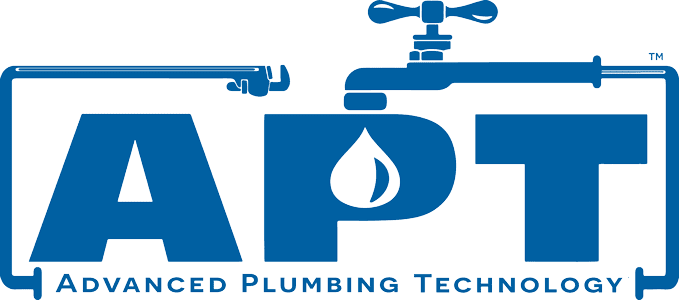Plumbing Pro Tips: Keeping Your Pipes in Prime Condition
September 23rd, 2023Posted by Brian Shoemaker
Introduction
Maintaining a well-functioning plumbing system might not always be on the forefront of your mind, but it’s a crucial aspect of ensuring your home’s comfort and functionality. The intricate network of pipes that runs behind your walls plays a vital role in delivering water for daily activities and removing waste efficiently. By implementing some plumbing pro tips, you can avoid costly repairs, prevent inconvenient leaks, and keep your pipes in prime condition for years to come.
Understanding Your Plumbing System
Before diving into the tips, it’s beneficial to have a basic understanding of your plumbing system. Your plumbing consists of two main subsystems: the water supply system and the drainage system. The water supply system brings clean water into your home, while the drainage system removes waste and wastewater. Both systems work together to keep your household running smoothly.
Tip 1: Be Mindful of What Goes Down the Drain
One of the simplest ways to maintain your plumbing is by being cautious about what you allow to go down the drain. Avoid pouring grease, oils, and fats down your kitchen sink, as these can solidify and clog your pipes over time. Similarly, use drain strainers to catch hair and other debris in bathroom sinks and showers. This prevents these materials from accumulating and causing blockages.
Tip 2: Regularly Inspect for Leaks
Small leaks can lead to big problems if left unattended. Regularly inspect your faucets, showerheads, and pipes for any signs of leakage. Even a minor drip can waste a significant amount of water over time and damage surrounding fixtures. Addressing leaks promptly not only conserves water but also protects your home from potential water damage.
Tip 3: Watch Your Water Pressure
High water pressure might seem like a luxury, but it can actually strain your pipes and lead to leaks or bursts. Install a pressure regulator to maintain a safe and consistent water pressure throughout your home. This simple device can significantly extend the lifespan of your pipes and prevent unnecessary plumbing emergencies.
Tip 4: Prevent Freezing Pipes in Winter
For those in colder climates, frozen pipes can be a nightmare. When water freezes, it expands, potentially causing pipes to crack or burst. To prevent this, insulate your pipes, especially those located in unheated areas like basements, attics, and crawl spaces. Allowing a slow drip from faucets during freezing temperatures can also help relieve pressure within the pipes.
Tip 5: Practice Water Heater Maintenance
Your water heater plays a vital role in your plumbing system. Regular maintenance can extend its life and ensure optimal performance. Drain your water heater annually to remove sediment buildup, which can affect efficiency. Check the pressure relief valve for proper operation, and consider insulating the tank to reduce heat loss, especially if it’s located in a colder area of your home.
Tip 6: Avoid Chemical Drain Cleaners
While it might be tempting to reach for a chemical drain cleaner to clear a clog, these products can actually do more harm than good. They can corrode pipes and damage the environment. Instead, opt for natural methods like using a plunger or a drain snake to unclog drains. If the problem persists, consider calling a professional plumber to avoid worsening the issue.
Tip 7: Schedule Professional Inspections
Even if you’re diligent about DIY maintenance, it’s essential to have a professional plumber inspect your plumbing system periodically. They can identify potential issues that might not be visible to the untrained eye. Regular inspections can catch problems early, saving you money on repairs in the long run.
Tip 8: Be Cautious with DIY Repairs
While minor plumbing issues might seem like perfect candidates for a DIY fix, it’s crucial to know your limits. Attempting complex repairs without the necessary expertise can lead to more significant problems. If you’re unsure, it’s always best to consult a professional plumber to avoid exacerbating the issue.
Conclusion
Maintaining your plumbing system doesn’t have to be overwhelming. By incorporating these plumbing pro tips into your regular routine, you can keep your pipes in prime condition and enjoy a smoothly running household. From being mindful of what goes down the drain to scheduling professional inspections, each step contributes to the longevity and efficiency of your plumbing system. Remember, a little proactive maintenance now can save you from major headaches down the line.
